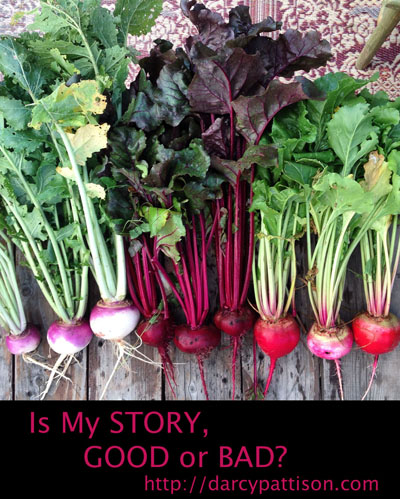Last year, I did a simple survey on the list and asked writers, “What is your biggest challenge for 2015?”
The answer blew me away. You want to know, “Is my picture book/novel/short story/piece of writing any good?”

This was expressed in many different ways, of course, but at the core, you want to know what makes one piece of writing good and one piece of writing bad. Is it just a matter of opinion?
When I taught freshman composition, this was a constant problem, as well. An essay turned into one teacher might receive an A, while the second teacher gave it a C; giving grades is one way to answer the good/bad question. Research showed that the solution was simple: teachers needed to meet and discuss criteria for grading. Once they’d gone through a couple essays together, they were more likely to grade consistently.
Why the problems? What does make good writing? The answer isn’t about grammar, and only incidentally about the content of the piece. Instead, you must look at the fuzzy concerns of audience, purpose, genre conventions,
AUDIENCE
Who are you writing for? Do you take the time to search images till you find a person who is your ideal audience? Writing for a middle grade student is very different than writing for a middle-aged history professor.
Again, let me demonstrate this with an example I gave to my freshman comp students. Let’s say that an 18-year-old boy has a car wreck. Now, he must tell three people about that wreck: the policeman, his mom, and his best friend. You can easily imagine each conversation. The tone—apologetic to bravado—changes with the audience. Details creep into some accounts (To Best Friend: Mary was tickling me) and are deleted from others (To Mom and Cop: I was under control of the vehicle at all times).
Which account of the car wreck would be considered “good” and which is “bad”? Is one more truthful than the other; i.e. can you apply the criteria of truthfulness to determine good/bad? You’ll agree that tone, voice, content, style and more depend on the audience.
PURPOSE
When you write a novel, do you want your reader to weep or to guffaw? The purpose of any piece of writing should—in a sane world—determine its effectiveness. Did it accomplish what you set out to accomplish?
In other words, can we use effectiveness of communication as one measure of good/bad?
GENRE CONVENTIONS
Think with me of what you expect from a mystery novel. There’s a murderer, a detective and a dead body (victim). Beyond that, though, one common convention in a mystery is to TELL the answer to the mystery. The detective arranges for all the suspects to be present at the same time, and then explains how s/he cleverly solved the problem. When confronted, the murderer tries to run away. That sort of scene would rarely happen in other genres.
Each genre has its own conventions of characters, events, plot points, settings, and so on. If you break or bend those conventions, you risk angering your readers, who will exclaim loudly, “This is a horrible mystery.”
Is it good writing or bad writing? Wrong question.
Is it a good mystery (according to the genre conventions of today)?
Is My Picture Book Manuscript Any Good?
Do you need to know if your picture book manuscript fits genre conventions? Darcy Pattison and Leslie Helakoski will be teaching PB&J: Picture Books and All that Jazz, April 23-26, 2015 at the Highlight’s Foundation, Honesdale, PA. Learn more about the workshop.
If you can’t see this video, click here.
DOES THE STORY PLEASE YOU?
Aside from issues of audience, purpose, and genre, there’s one that looms large in my mind. Does the story please you, the author? Are you happy with what you’ve done? It’s very hard to step back from your work and evaluate it. Your worries about what others think consumes you, and you can’t separate THEIR opinion from YOUR opinion.
I recently re-read my latest novel, LONGING FOR NORMAL, and at a certain point, it made me cry. A friend read it recently, too, and I asked her, “Did you cry at XXX scene?” No, she didn’t. But when I re-read that scene, I always cry. Is it a good scene? It touches me emotionally in a deep way; but it doesn’t affect my friend the same way. Is it good? Or bad?
Do you start to see that the question is the wrong one? Or that there are really two questions here:
1. Did I write the story I wanted to write?
2. How will others respond to that story?
And the terminology that you use should NOT be good/bad.
Instead, try these criteria: useful, effective, matches genre expectations, pleases me.
Then, you need to ask a final question: Do I want this to be published?
If so, you forget the good/bad question and find a publisher whose purposes, audiences and genre fits what you’ve written. And send it in. Period.
Stop those pestering questions about good/bad. Send it in. You’ll soon find out if it will fly in the marketplace you’ve chosen. If it doesn’t, go back and ask the right questions again: useful, effective, matches genre expectations, pleases me? If you’re sure you’re on target, send it out again. And again and again. Repeat until you find the right market for your work!
One thought on “0”
Comments are closed.